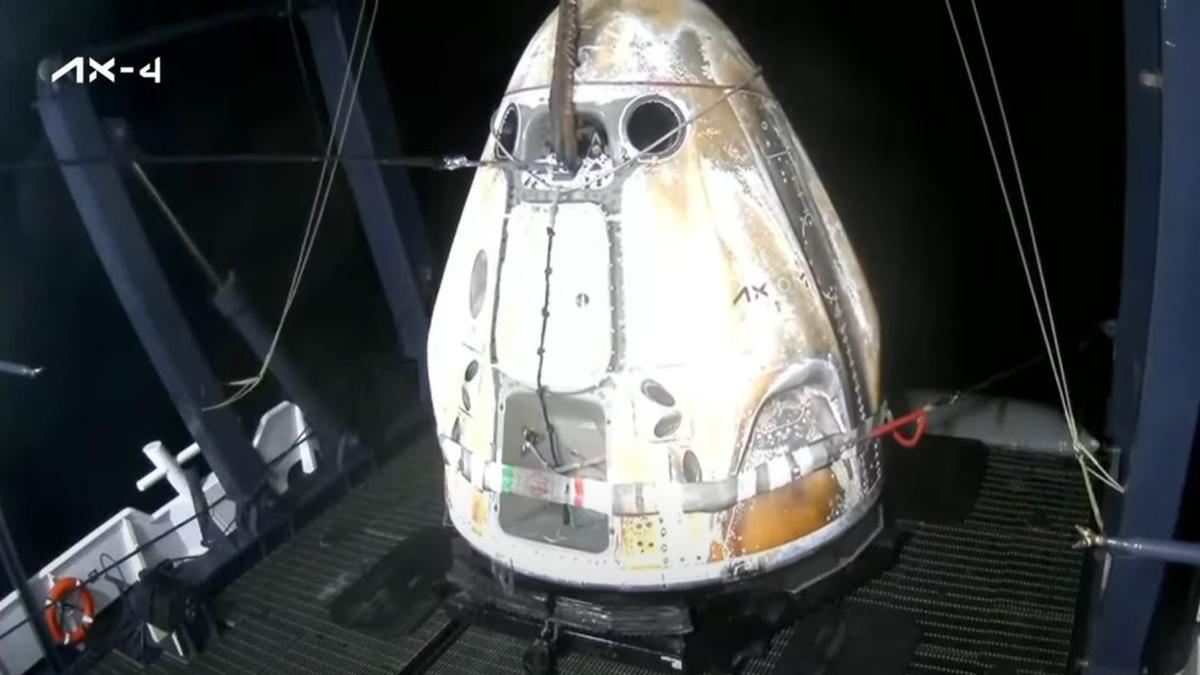Now Reading: Police Search for Pregnant Tribal Woman Avoiding Hospital Birth in Erode
-
01
Police Search for Pregnant Tribal Woman Avoiding Hospital Birth in Erode
Police Search for Pregnant Tribal Woman Avoiding Hospital Birth in Erode
Quick Summary
- Event: A pregnant tribal woman, Shevanthi, from Solagar Dhoddi in Thalavadi Hills (Erode district) evaded health officials after refusing hospitalisation for delivery.
- Timeline: Shevanthi was scheduled for hospital admission on July 7, 2025. When officials visited her residence, she and her family were untraceable.
- Dialog Breakdown: Initially in contact with government health staff at the Primary Health Center (PHC) in Bynapuram,the family later switched off their phones and gave conflicting facts about her location.
- follow-ups Failed: Repeated visits by a Village Health Nurse elicited vague responses from relatives but did not clarify her whereabouts.
- Police Complaint Filed: Amid failed attempts to trace Shevanthi, a police complaint was lodged at Thalavadi station. Investigations include tracing mobile numbers and gathering leads.
- Expert Commentary: S. Kannaiyan of the Thalavadi Farmers’ Federation highlighted the need for raising awareness among tribal communities about institutional deliveries.
Indian Opinion analysis
The case of Shevanthi underscores persistent challenges in integrating remote tribal communities into mainstream healthcare systems. While health officials appear to have provided assurances regarding safe institutional delivery-including transportation and upgraded medical infrastructure-the family’s mistrust or misconceptions highlight deeper sociocultural barriers that remain unresolved.
By involving law enforcement bodies due to concerns over maternal safety and protecting public interest, authorities may balance immediate medical intervention with respecting familial autonomy. though, as noted by experts like S. Kannaiyan, lasting solutions lie in targeted education campaigns addressing myths surrounding institutional care while accommodating cultural sensitivities unique to tribal populations.
For India’s larger healthcare framework aiming inclusivity across demographics-particularly vulnerable groups-the incident signals that logistical efforts alone must be reinforced by building stronger trust through community engagement initiatives.
























